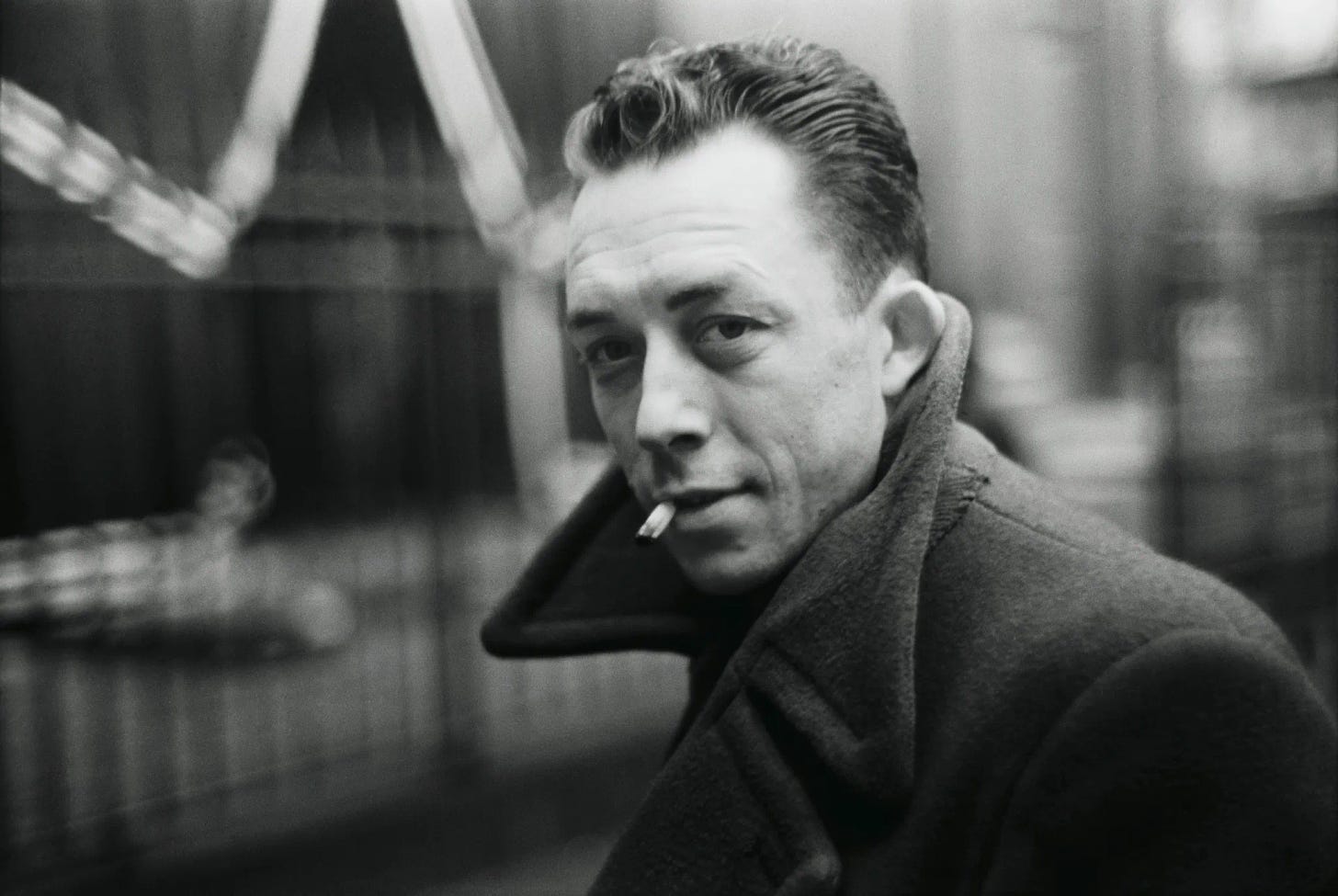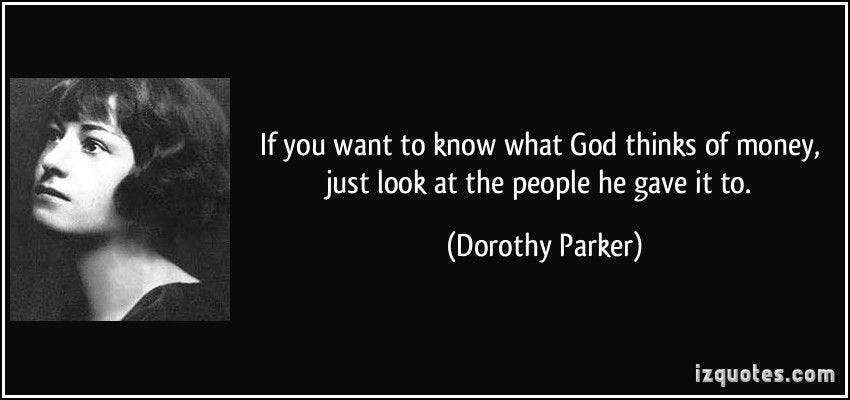People have been urging me to start a podcast or a video blog. I have never been in the habit of consuming those types of media because of their tendency to contain unedited flab:
Typical early twenty-first century obituary – This person fought the Nazis, liberated a concentration camp, won a Nobel Prize, and created masterpieces that enriched the lives of millions.
Typical late twenty-first century obituary – This guy made a sandwich and talked about it to his 30 million followers.
This brings me onto the topic of this month’s essay – fame. With rail strikes happening in the UK the past month, the current darling of the anti-establishment is trade unionist Mick Lynch.
Political commentator Andrew Marr described Lynch as a silver-tongued champion of the working-class. When asked who his political hero was, Lynch named the Irish socialist James Connolly.
This has got me thinking about the notion of having heroes. In one interview, Lynch acknowledged his own status as a mere flavour of the month, pointing out the fact that tabloid journalists were going through his bins looking for things with which to smear him.
Like everyone else who has ever lived, Connolly was deeply flawed. The Irish Independent pointed out that he was a warmonger who preached confrontation. It added: “A champion of the miller, the docker and the assembly-line drone, Connolly went out of his way to dehumanise the soldier and the policeman, as if they were not wage slaves themselves.”
Celebrity culture and its discontents
Like many figures who are held up as heroes, what matters about Connolly is more what he symbolises than who he was. His most important trade union work and eventual martyrdom came at the beginning of the twentieth century, the first century to be shaped by fame, not just reflected by it.
Certain names became globally synonymous with certain abilities. Women from Brisbane to Baltimore, Shanghai to Sheffield, who didn’t like their husband’s singing in the bath, could say: “who do you think you are, Caruso?” Worldwide celebrities were here to stay.
In Joseph Conrad’s ‘A Heart of Darkness’, described as a literary bridge between the nineteenth and twentieth centuries, Colonel Kurtz is initially an individual of great brilliance. But over time he becomes consumed by sterile egotism, and his only achievement is a barren celebrity. In ‘A Short History of Myth’, Karen Armstrong described Kurtz as embodying the ‘triviality, selfishness, and greed of twentieth century life’.
Just as the Romans had Gods and Christians have patron saints, the modern age has celebrities. Like a lot of things, this was best described by Clive James, “fame simplified what was real, so ordinary people could take it in.”
Since the last few decades of the twentieth century, the proportion of children who want to be famous has been consistently increasing through the Western world. Phenomena like TikTok and Instagram are likely to exacerbate the situation.
Journalist Neal Gabler has argued, ‘celebrity culture is not a convergence of consumerism and religion, so much as a hostile takeover of religion by consumer culture.’ The cult of celebrity turns humans into commodities, and it has the same characteristics as psychopathy: superficial charm, grandiosity, self-importance, and the need for constant stimulation.
Fame fame fatal fame
When I started writing songs in my early teens, there were two people at school who wanted to start a band with me. There was Phil, who was technically accomplished and detail orientated. And there was Bob.
Bob was full of vivid ideas about what fame would be like. On one of the rare occasions he and I discussed the technical aspects of song-writing, I said: “That’s a matter of opinion,” and Bob responded “when I’m famous, there won’t be matters of opinion.”
In what passed for my brain in those days, being famous was more appealing than being good, if I even knew the difference. And so, I channelled most of my energy into writing songs for Bob, songs about women and alcohol and other problems I wished I was having.
By the time I started university in 2002, I was confident in my creative abilities, and determined to follow in the footsteps of my heroes. Famous screenwriters like Billy Wilder and Ingmar Bergman. Famous novelists like Joseph Conrad and Albert Camus. Famous songwriters like Bob Dylan and, to a lesser extent, Noel Gallagher.
After a promising start, my undergraduate degree became a negative experience. Every time I returned home, conversations around the dinner table revolved around the family business, and I was struck by the disparity between my studies and what is often called the real world. The skills I was at university to hone (creativity, insight, defiance of cliché) did not seem very welcome in what Philip Larkin called the ‘rented, intricate, uncaring world’.
Speaking of defiance of cliché, I was having dark thoughts that parties and nightclubs were about as enjoyable as giving Ann Widdecombe a sponge-bath while Kathy Bates massaged you with a rusty nail, but I didn’t tell anyone in case I was declared a traitor to my age group.
By January 2004 I was visiting a university counsellor, being asked by several different adults whether I was suicidal, and all-but getting diagnosed with clinical depression.
The deeper I got into my course, the more obvious it became that not only did the mainstream not welcome the things I valued and aspired toward, it was actively hostile to them.
It was inevitable that I would have some kind of mental breakdown, and the moment came on the sweltering afternoon of May 23rd, 2004. While having a kick-about with some guys, unprovoked I suddenly smacked the ball as hard as I could at nowhere in particular. It was only a few feet away from smashing a floor-to-ceiling window of a nearby bar.
It was admittedly an act of madness. Madness breeds madness.
Both left and right were complaining about a cultural dumbing down. The left generally put it down to the corporatisation of the university, in which students were passive consumers of education. The right generally put it down to political correctness and grade inflation. But I agree with Charlie Brooker: what was happening in Britain in the 2000s was not dumbing down, it was madness.
The guys I was with laughed the incident off, and if they were the slightest bit curious about my motives or personal turmoil, never showed it. They compared it to the Peter Kay John Smith’s ad, or a scene from Jackass.
That is, after two years of higher education in a country whose universities are the envy of the world, they had no other way of assessing the reality in front of their eyes than by comparing it to crap TV. I genuinely enjoyed the company of the people I was around, but was under no illusion that tertiary education was making us smarter.
I was convinced that celebrity culture, partly because of film (an art I was studying formally) was making the world stupider. If I had told anyone that the incident with the football was actually strikingly similar to the pivotal scene in Albert Camus’s ‘The Outsider’, the best reaction I could have hoped for was to be looked at as if I was wearing a spinning bowtie. Who the hell goes to university to read books?
By the time I finished my studies, most of my heroes weren’t that famous, if at all, which was probably the most significant way in which I matured. My new idols were people like the academic Alastair Macintosh and the historian Karen Armstrong, people who simply wrote good stuff and made the world a better place. At the beginning, my guitar hero was Jimi Hendrix. By the end it was the equally brilliant, but far less famous Agustin Barrios Mangoré.
I haven’t owned a television since.
Catching fame by the tail and trying not to get bitten
I have suffered the occasional relapse in my unhealthy hunger for fame. When I started writing Chinese-language songs in my mid-twenties, I imagined that fame would solve a lot of problems. The fact that I didn’t become super famous proves that the Chinese Communist Party is wrong about at least one thing – there is a God.
Neuroscience has found that normal human development requires that we feel recognised and seen by others. And a desire for fame is not necessarily motivated by greed or narcissism, it could be for reasons of altruism or philanthropy.
For this reason I have calmed down on the belief that celebrity culture is a sign of a doomed society, despite the Kardashians. Undeserved fame has always existed, for example royalty. So have undeserved wealth and political power.
Academic Gad Saad has lamented that the likes of Billie Eilish and Ariana Grande have more fans and followers than the world’s leading intellectual giants. But this seems no more mature than complaining that life isn’t fair.
For the first half of my thirties, I focused mostly on short stories, an art-form that has no mass audience. In ‘The First-Class Passenger’ by short story master Anton Chekhov, two intellectuals complain about how they are less famous than actors, singers, and athletes. That was written in the nineteenth century
.
The most sensible conclusion can be reached by paraphrasing Dorothy Parker: “If you want to know what God thinks of fame, just look at the people he gave it to.”






Impressive